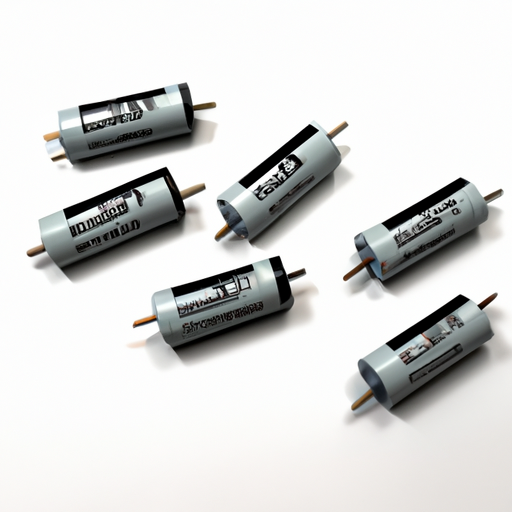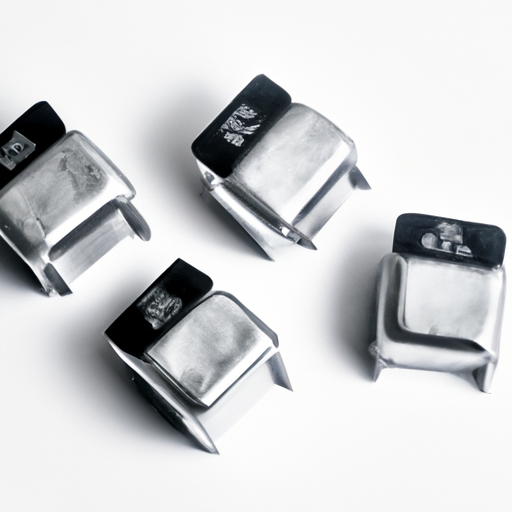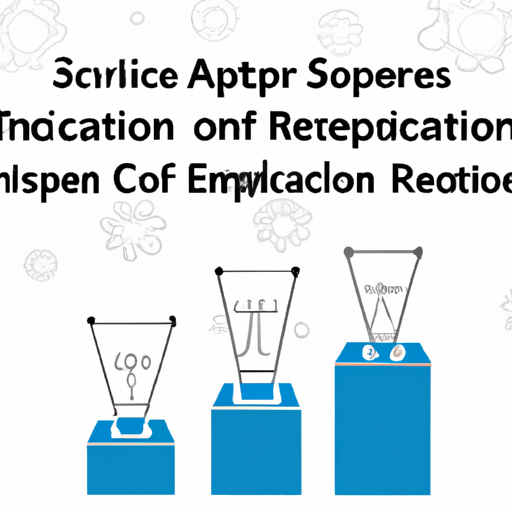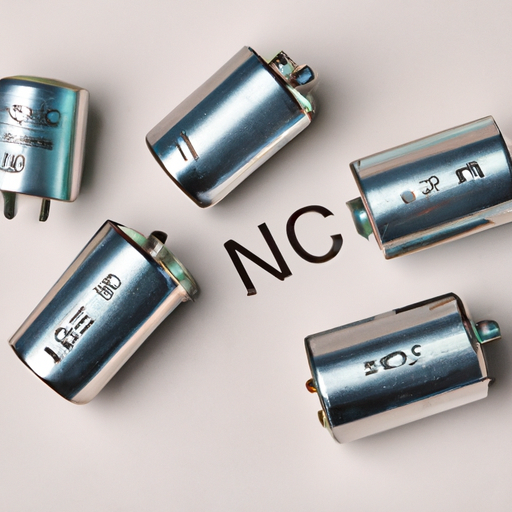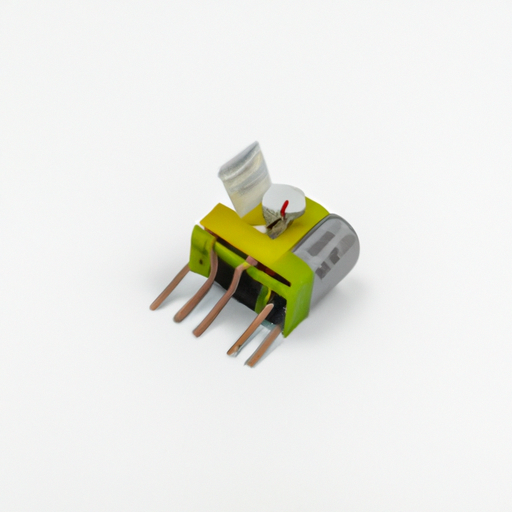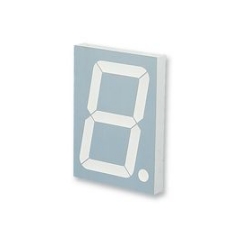CFR-25JB-52-1K1 Film Capacitors highlighting the core functional technology articles and application development cases of Film Capacitors that are effective.
Core Functional Technologies of Film Capacitors
1. Dielectric Material: Film capacitors utilize thin plastic films as the dielectric material, which can be made from various polymers such as polyester (PET), polypropylene (PP), and polycarbonate (PC). The choice of dielectric affects the capacitor's performance, including capacitance stability, temperature coefficient, and voltage rating.
2. Low ESR and ESL: Film capacitors typically exhibit low equivalent series resistance (ESR) and equivalent series inductance (ESL), making them suitable for high-frequency applications. This characteristic allows for efficient energy storage and discharge, minimizing power losses.
3. High Voltage Ratings: Film capacitors can handle high voltage applications, making them ideal for power electronics, motor drives, and renewable energy systems. Their robust construction allows them to maintain performance under high-stress conditions.
4. Temperature Stability: Film capacitors offer excellent temperature stability, with minimal capacitance drift over a wide temperature range. This stability is crucial for applications requiring consistent performance in varying environmental conditions.
5. Long Lifespan: With a solid construction and resistance to environmental factors, film capacitors have a long operational life, often exceeding 100,000 hours. This longevity reduces maintenance costs and enhances reliability in critical applications.
6. Self-Healing Properties: Many film capacitors possess self-healing capabilities, meaning that if a dielectric breakdown occurs, the capacitor can recover without permanent damage. This feature enhances reliability and safety in circuit applications.
Application Development Cases
1. Power Electronics: Film capacitors are extensively used in power supply circuits, inverters, and converters. For instance, in renewable energy systems like solar inverters, film capacitors help smooth out voltage fluctuations and improve overall efficiency.
2. Audio Equipment: High-fidelity audio systems often utilize film capacitors for coupling and bypass applications. Their low distortion and high-frequency response make them ideal for maintaining audio quality in amplifiers and signal processing equipment.
3. Motor Drives: In industrial motor drive applications, film capacitors are used for DC link applications to filter and stabilize voltage. Their ability to handle high ripple currents and voltages makes them suitable for this demanding environment.
4. Lighting Applications: LED drivers and electronic ballasts for fluorescent lighting often incorporate film capacitors to improve power factor and reduce electromagnetic interference (EMI). Their reliability ensures consistent performance in lighting systems.
5. Telecommunications: In telecom equipment, film capacitors are used for signal coupling and decoupling, as well as in RF applications. Their low loss characteristics are essential for maintaining signal integrity in high-speed data transmission.
6. Consumer Electronics: Film capacitors are found in various consumer electronics, including televisions, computers, and home appliances. They help filter noise and stabilize power supply circuits, enhancing the performance and longevity of these devices.
Conclusion
The CFR-25JB-52-1K1 film capacitor exemplifies the advanced technology and versatility of film capacitors in modern electronics. Their unique properties make them suitable for a wide range of applications, from power electronics to consumer devices. As technology continues to evolve, film capacitors will remain a critical component in developing efficient, reliable, and high-performance electronic systems.
Future Trends
As the demand for more efficient and compact electronic devices grows, the role of film capacitors is expected to expand. Innovations in dielectric materials and manufacturing processes may lead to even higher performance levels, enabling their use in emerging technologies such as electric vehicles, smart grids, and advanced telecommunications systems. The ongoing research into nanotechnology and advanced polymers may further enhance the capabilities of film capacitors, ensuring their relevance in the future of electronics.

